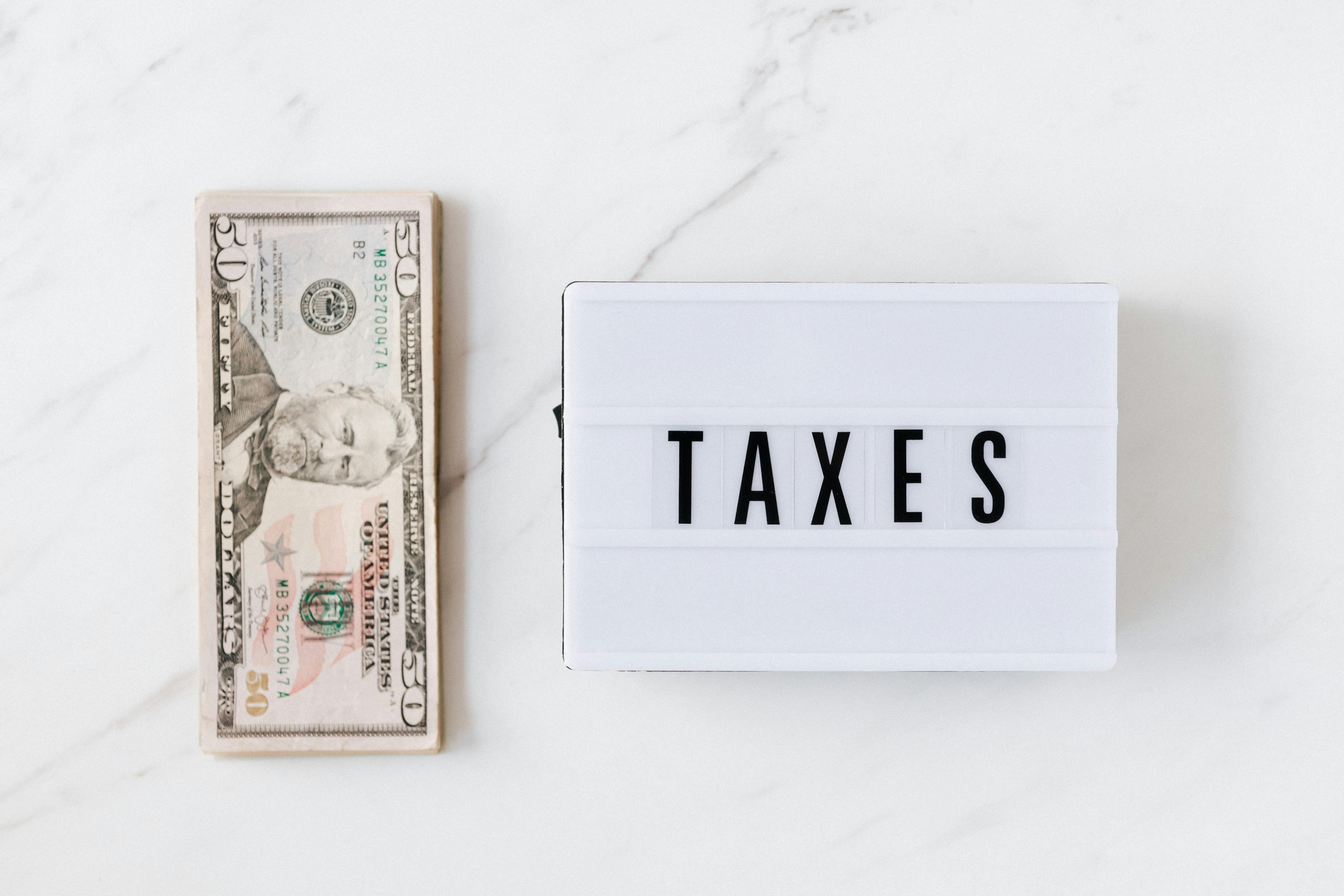
Tax season can be a stressful time for small business owners in Australia, but with the right strategies, you can effectively lower your taxable income and keep more of your hard-earned money. The key is to be proactive and understand the various tax-saving opportunities available to you under Australian tax law, including the different company tax rates based on your business classification.
Selecting the appropriate business structure is crucial for optimising tax outcomes, as different business structures have distinct requirements concerning taxation, set-up costs, and asset protection.
In this blog, we will outline five simple steps to help lower taxable income for small businesses and maximise your tax savings. These steps are designed to be practical and relevant for small businesses in Australia.
1. Take Advantage of Immediate Asset Write-Offs
Australia offers generous tax concessions for small businesses when it comes to purchasing assets. Under the instant asset write-off scheme, small businesses can immediately deduct the full cost of eligible assets up to a specified threshold in the year the asset was first used or installed. Additionally, the timing of asset sales can impact tax outcomes, particularly in relation to capital gains.
What Does This Mean?
Instead of depreciating an asset over several years, you can claim the full deduction in one go, reducing your taxable income for that year, including any net capital gains. This can be particularly beneficial if you’re investing in new equipment, vehicles, or technology.
Eligibility
- Your business must have an aggregated turnover of less than $500 million.
- The asset must be used or installed ready for use within the relevant financial year.
Be sure to check the specific thresholds and eligibility criteria for the current tax year, as they can vary.
2. Contribute to Your Superannuation
Contributing to your own superannuation fund is not only a smart way to save for retirement but can also reduce your taxable income. Superannuation contributions made before tax (known as concessional contributions) are tax-deductible. Additionally, these contributions can lower your assessable income, thereby potentially reducing your overall tax liabilities.
How Much Can You Contribute?
- You can contribute up to $27,500 per financial year in concessional (before-tax) contributions, which include employer contributions and personal contributions.
- If you have unused concessional contributions from previous years, you may be able to make catch-up contributions.
Why It Works
Super contributions are taxed at a concessional rate of 15%, which is lower than the individual income tax rate for most Australians. By contributing to your superannuation, you lower your taxable income while boosting your retirement savings.
3. Prepay Expenses
If your small business operates on a cash accounting basis, you can reduce your taxable income by prepaying certain expenses for the following financial year. This means paying for things like rent, insurance, or subscriptions in advance before the end of the financial year.
Prepaying expenses can also help manage how you distribute income, ensuring that you strategically allocate funds to minimise tax liabilities.
How It Helps
Prepaying allowable expenses allows you to bring forward deductions into the current financial year, reducing your taxable income. However, be sure that prepayments align with your cash flow and overall financial strategy.
What Expenses Can Be Prepaid?
- Rent or lease payments
- Insurance premiums
- Subscriptions or memberships relevant to your business
Prepayments must meet specific criteria set by the Australian Taxation Office (ATO), so consult your tax advisor to ensure you’re compliant.
4. Claim Business-Related Deductions
Small businesses in Australia can claim a wide range of business-related tax deductions that help reduce taxable income. These deductions cover operational expenses, making them a valuable tool for reducing tax liability. Certain expenses, such as prepayments, employee superannuation payments, and the purchase of tools of trade, can qualify for a tax deduction if made before specific deadlines, particularly before the end of the fiscal year. Additionally, understanding capital gains tax (CGT) is crucial as it affects deductions for asset sales, and consulting a tax advisor can help navigate these complexities.
What Can Be Deducted?
- Office expenses: Rent, utilities, office supplies, and internet services.
- Vehicle expenses: If you use a vehicle for business purposes, you may claim deductions for fuel, maintenance, and depreciation.
- Travel expenses: Business-related travel expenses, including accommodation and meals, can be claimed.
- Marketing and advertising: Expenses for promoting your business can be deducted.
Keep Detailed Records
To claim deductions, you must keep detailed and accurate records of your expenses, including receipts and invoices. This documentation is essential in case of an ATO audit.
5. Utilise the Small Business Income Tax Offset

Small businesses with an aggregated turnover of less than $5 million may be eligible for the Small Business Income Tax Offset. This offset provides a discount on the tax payable on your business income, thereby reducing your overall income tax liability. The classification of base rate entity passive income can affect a company’s eligibility for this offset.
How Much Can You Save?
The offset is calculated at 16% of the income tax payable on your business income, capped at $1,000 per year. While this may not be a massive reduction, every bit helps when it comes to lowering your taxable income.
Eligibility
To qualify, you must be a sole trader, a partner in a partnership, or a shareholder in a company that is a small business entity.
Frequently Asked Questions (FAQs)
1. Can I claim deductions for my home office?
Yes, if you run your business from home, you can claim deductions for home office expenses, including a portion of your rent or mortgage interest, utilities, and internet services. Be sure to calculate the portion of your home used exclusively for business purposes.
2. How do I know if an expense is deductible?
Expenses must be directly related to running your business and must not be private or domestic in nature. Always check with your tax advisor to ensure you are claiming legitimate business deductions.
3. What happens if I overclaim deductions?
If you overclaim deductions, the ATO may issue penalties or require you to pay back the amount claimed with interest. Keeping accurate records and seeking professional advice is crucial to avoid overclaiming.
4. Can I defer income to reduce my taxable income?
In some cases, deferring income to the next financial year may be an effective strategy to reduce taxable income in the current year. However, this depends on your cash flow needs and tax planning strategy. Consult with a tax professional before deferring income.
5. What is the best way to manage my tax obligations as a small business owner?
The best way to manage tax obligations is to stay organised throughout the year, keep detailed records, and regularly review your finances. Engaging a tax advisor or accountant can provide expert guidance and ensure you’re maximising deductions and complying with tax laws.
Last Words on How to Lower Taxable Income for Small Businesses
Tax planning can be complex, but with the right strategies, you can significantly lower your taxable income and improve your financial position. Grey Space Advisory offers expert tax advisory services tailored to small businesses in Australia. Our team of professionals is here to help you navigate the tax landscape, maximise your deductions, and ensure compliance with ATO regulations.
Ready to lower your taxable income and boost your business’s financial health? Contact Grey Space Advisory today for personalised advice and support. Let us help you optimise your tax strategy and achieve long-term success.